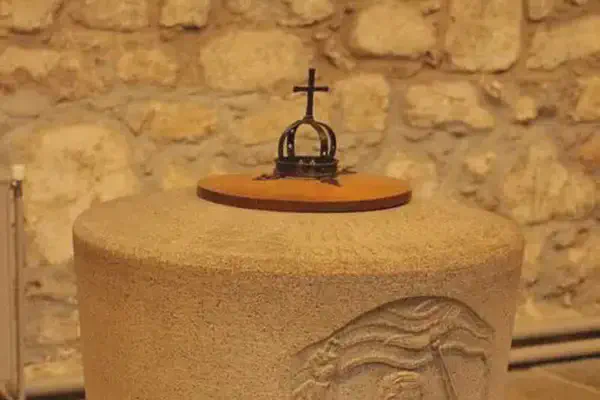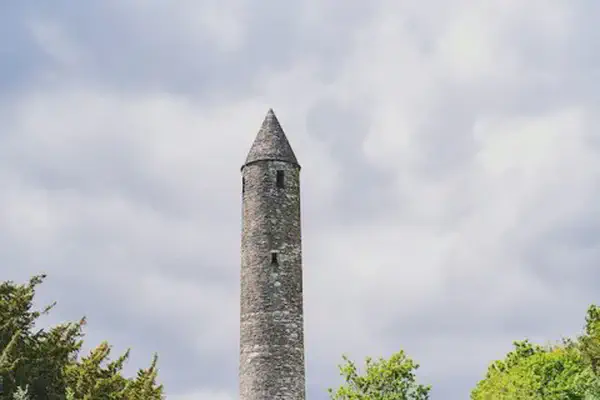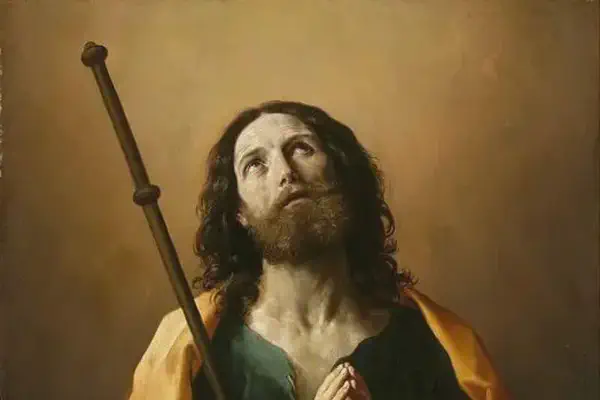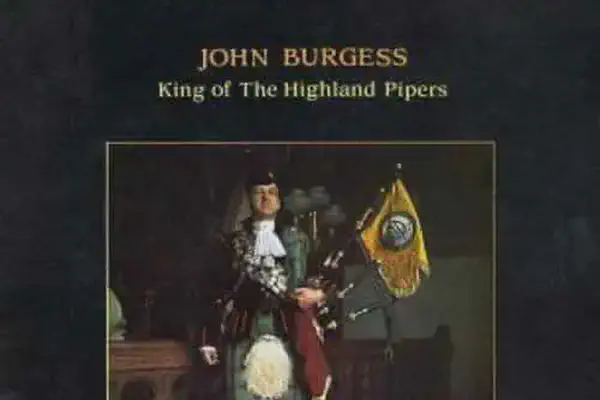On December 01, 1494 in Celtic History
Poynings' law enacted, strengthened english crown control over irish parilment

Poynings’ Law is a piece of legislation that was enacted in 1494 in the Parliament of Ireland during the reign of King Henry VII of England.
The law is named after Sir Edward Poynings, the Lord Deputy of Ireland at the time, who played a key role in its implementation.
The purpose of Poynings’ Law was to strengthen the control of the English monarch and parliament over the Irish parliament.
Poynings’ Parliament was called by Sir Edward Poynings in his capacity as Lord Deputy of Ireland, appointed by King Henry VII of England in his capacity as Lord of Ireland. Coming in the aftermath of the divisive Wars of the Roses, Poynings’ intention was to make Ireland once again obedient to the English monarchy.
Assembling the Parliament of Ireland on 1 December 1494, he declared that it was thereafter to be placed under the authority of the Parliament of England.
Tudor Rule in Ireland
This marked the beginning of Tudor direct rule in Ireland, although Henry VII was still forced to rely on Old English nobles (such as Gerald FitzGerald, 8th Earl of Kildare, despite his support for Lambert Simnel) as his deputies in Ireland through the intervening years.
Approval of Legislation
Before any Irish parliament could debate or pass legislation, it first had to submit the proposed laws to the English monarch and the English Privy Council for approval.
The Parliament of Ireland (Irish: Parlaimint na hÉireann) was the legislature of the Lordship of Ireland, and later the Kingdom of Ireland, from 1297 until 1800.
English Control
The law aimed to ensure that the English government had control over the legislative agenda in Ireland. It was part of a broader effort to centralize authority and prevent independent legislative actions by the Irish parliament.
Reinforcement of English Influence
Poynings’ Law was intended to reinforce English influence in Ireland and prevent the Irish parliament from passing laws that might be contrary to English interests.
Irish Parliament’s Limited Powers
The Irish parliament was restricted in its ability to initiate legislation independently. It could only discuss and pass laws that had been approved by the English authorities.
Later Reforms
Over time, Poynings’ Law underwent modifications and reforms. The most notable change came with the Constitution of 1782, which granted more legislative independence to the Irish parliament. Poynings’ Law was eventually repealed in 1782.
While Poynings’ Law was initially implemented to strengthen English control over Ireland, it became a source of discontent among Irish nationalists and was seen as a symbol of colonial subjugation. Its repeal in 1782 marked a significant step towards greater legislative independence for Ireland.
Related Content

Shane Patrick Lysaght MacGowan, lead singer of the Pogues, died

St Machar Day, patron saint of Aberdeen

Oíche Shamhna - Cetlic New Year Eve (Halloween)

ALBAN ELFED (Welsh Bardic name for autumn equinox)

Feast day of St. James

John Davie Burgess, King of the Highland Pipers, died at age 71.